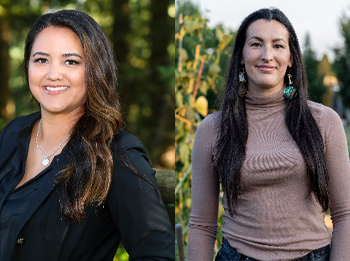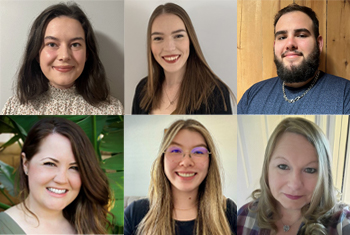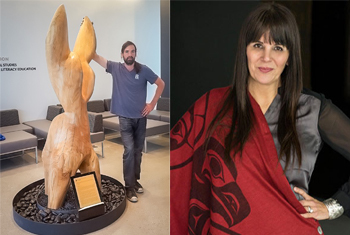Indigenous voices take the lead to improve health outcomes for Indigenous youth
Establishing and supporting Indigenous networks and programs – both by and for Indigenous peoples – will inform Indigenous youth health across Canada

At a glance
Issue
Indigenous youth in Canada experience some of the lowest standards of healthcare in this country and are disconnected from Indigenous ways of healing. A long history of colonization has contributed to their poor health outcomes.
Research
A number of researchers are addressing the situation by establishing health networks and programs by and for Indigenous youth. The Wellness, Health, and Youth (WHY) network is a pan-Canadian network steered by Indigenous peoples that will seek to address Indigenous youth health concerns. The Métis Nation of Ontario (MNO) is also committed to focusing on Indigenous health priorities using a method called keeoukaywin, the visiting way. The KIJIKATIG Carving program will take a wholistic approach to Indigenous health by using traditional carving to incorporate land- and art-based healing into Indigenous wellness.
Impact
These Indigenous health research projects will improve the health outcomes of Indigenous adolescents by connecting and engaging them with traditional Indigenous ways of healing.
There is a pressing need for Indigenous adolescent health research and wellness in Canada. Indigenous youth experience some of the lowest standards of health in this country and are disconnected from traditional healthcare support networks. Intergenerational trauma and the loss of Indigenous traditions, cultures, knowledge, and languages – along with a lack of connection to other Indigenous individuals and community – all contribute to the negative health outcomes of Indigenous youth.

The Wellness, Health, and Youth (WHY) Network
The Wellness, Health, and Youth (WHY) Network was established to fill this critical health gap. The WHY Network is the first network developed by and for Indigenous youth that will contribute to Indigenous youth health and wellness research. Under the guidance of Elders and researchers, Indigenous youth across Canada will lead research based on their own priorities and will share their findings with national and global research initiatives on Indigenous youth health and wellness. Both a Network Steering Committee – comprised of Indigenous youth, Elders, and researchers – and Youth Advisory Subcommittee will form an equitable, sustainable, collaborative network.

Using keeoukaywin (the visiting way) to identify Métis youth citizen priorities
The Métis Nation of Ontario (MNO) is committed to listening to the needs of Indigenous youth and focusing on their health priorities. The MNO will survey and interview MNO youth citizens using a Métis methodology called keeoukaywin (the visiting way) to inform program planning and youth health research priorities across the Métis Nation. Using mixed methods including a population-based survey and one-on-one interviews alongside keeoukaywin, this project aims to fill a gap in understanding the health priorities of Métis youth in ways that respect and uplift Métis ways of being and doing and exploring how MNO youth citizens want their voices represented in health research. The findings from this study will inform youth-specific health research priorities, program planning and service provision for the MNO and across the Métis Nation.

The KIJIKATIG Carving program
The KIJIKATIG Carving program, an Indigenous-led and community-driven wholistic health and wellness approach, will complement the other Indigenous health research projects. Traditional carving is considered a living process that is wholistic and reflective of ancestral teachings. Art-based healing approaches have increasingly been used within therapeutic and clinical practice, demonstrating enhanced cultural knowledge mobilization promoting intergenerational healing and wholistic wellness, increased cultural pride and reclamation, empowerment, and resiliency. With this in mind, the KIJIKATIG Carving program will co-create a series of knowledge mobilization resources that aim to highlight best practices to address the unique wholistic health and wellness aspirations of Indigenous youth across Canada. The findings from the strengths-based program will address the knowledge gaps surrounding wholistic health and wellness and the importance of incorporating land- and art-based activities within an educational setting.
These three Healthy Youth Catalyst Grant funded projects put Indigenous youth engagement, empowerment, and priorities front and centre in their focus. Congratulations to the funded teams and we look forward to seeing the outcomes and progress of your work!
This work is supported through the Healthy Youth Initiative, led by the CIHR Institute of Human Development, Child and Youth Health.
- Date modified: